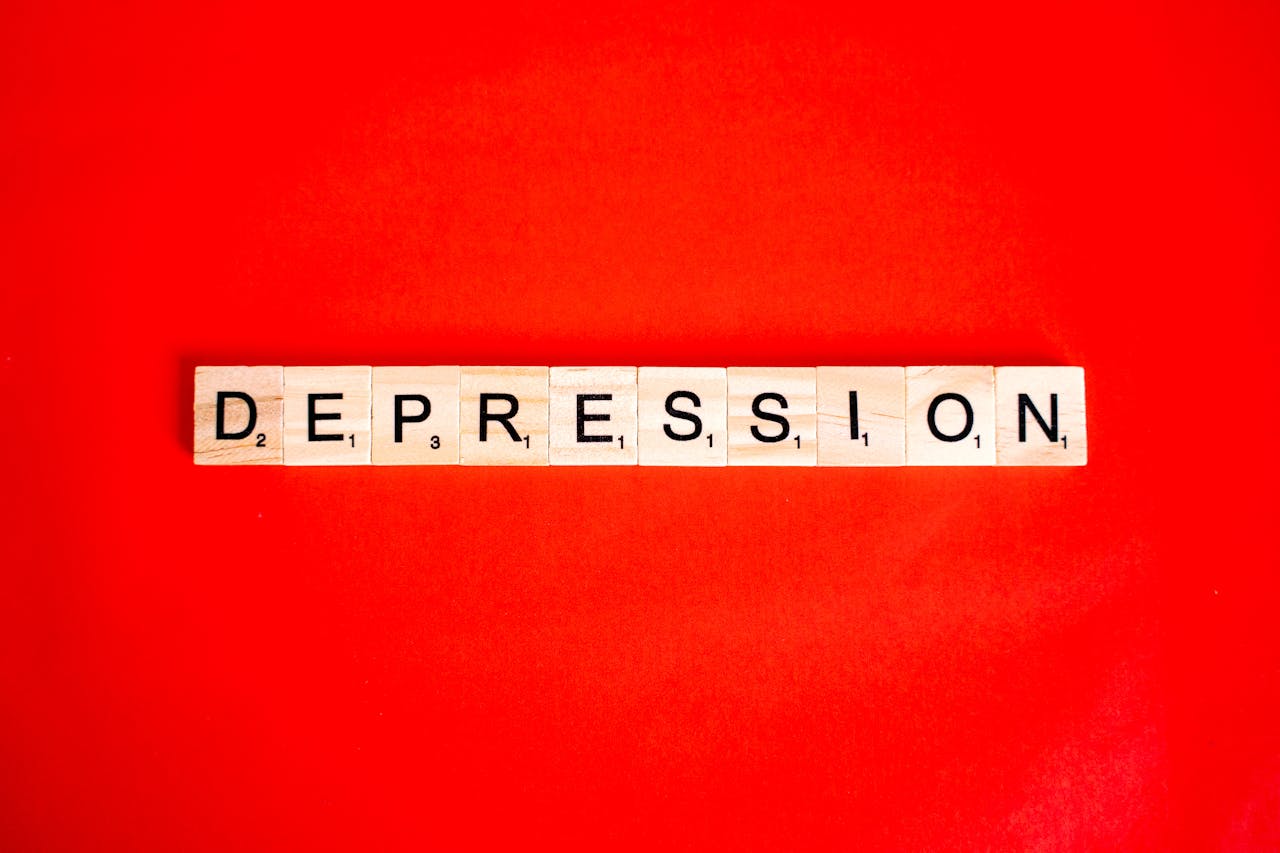Depression: Recognizing the Signs and Seeking Help
Depression is a common yet serious mental health condition that affects millions of people worldwide. It can manifest in various ways, impacting one's emotional, physical, and cognitive well-being. Understanding how to recognize the signs of depression and knowing how to seek help are crucial steps towards managing and overcoming this condition.


Understanding Depression
What is Depression?
- Definition: Depression is more than just feeling sad or having a bad day. It is a persistent condition that affects how you feel, think, and handle daily activities.
- Types: There are several types of depression, including Major Depressive Disorder, Persistent Depressive Disorder (Dysthymia), Bipolar Disorder, and Seasonal Affective Disorder (SAD).
Causes of Depression
- Biological Factors: Genetics, brain chemistry, and hormonal imbalances can contribute to depression. Family history of depression increases the risk.
- Psychological Factors: Trauma, loss, prolonged stress, and personality traits like low self-esteem or pessimism can make an individual more susceptible.
- Environmental Factors: Factors such as a dysfunctional family environment, financial difficulties, or exposure to violence and abuse can trigger depression.
Recognizing the Signs of Depression
Emotional Signs
- Persistent Sadness: Feeling sad, empty, or hopeless for most of the day, nearly every day.
- Loss of Interest: A marked disinterest in activities once enjoyed, including hobbies, social activities, and sex.
- Feelings of Worthlessness: Intense feelings of guilt or worthlessness, often accompanied by self-criticism.
Physical Signs
- Fatigue: Persistent fatigue or lack of energy, even without significant physical exertion.
- Sleep Issues: Insomnia or excessive sleeping (hypersomnia), and disrupted sleep patterns.
- Appetite and Weight Changes: Significant changes in appetite leading to weight loss or gain.
Cognitive Signs
- Difficulty Concentrating: Trouble focusing, making decisions, or remembering things.
- Thoughts of Death or Suicide: Frequent thoughts about death, dying, or suicide. This is a severe symptom that requires immediate attention.
Seeking Help for Depression
Professional Help
- Therapists and Counselors: Licensed professionals who can provide talk therapy (psychotherapy), which is effective in treating depression. Common forms include Cognitive Behavioral Therapy (CBT) and Interpersonal Therapy (IPT).
- Psychiatrists: Medical doctors who specialize in mental health and can prescribe medications such as antidepressants to help manage symptoms.
- Primary Care Providers: They can provide initial assessments, referrals, and in some cases, medications.
Support Systems
- Family and Friends: Talking to trusted loved ones about your feelings can provide emotional support and practical help.
- Support Groups: Joining a support group can provide a sense of community and understanding from others who are experiencing similar challenges.
- Helplines and Online Resources: Hotlines like the National Suicide Prevention Lifeline (1-800-273-82) and online resources such as the National Alliance on Mental Illness (NAMI) offer immediate help and information.
Self-Help Strategies
- Healthy Lifestyle: Regular exercise, a balanced diet, and adequate sleep can significantly impact mood and overall well-being.
- Mindfulness and Relaxation: Techniques such as mindfulness meditation, yoga, and deep-breathing exercises can help reduce stress and improve mental clarity.
- Setting Goals: Break tasks into smaller, manageable steps and set realistic goals to regain a sense of accomplishment and control.
Overcoming Stigma
Educating Others
- Awareness Campaigns: Participate in or support campaigns that aim to educate the public about depression and mental health.
- Open Conversations: Share your experiences with trusted individuals to help break the silence and stigma surrounding mental health.
Self-Acceptance
- Acknowledge Your Feelings: Accept that depression is a medical condition and not a personal flaw or weakness.
- Seek Validation: Understand that your feelings are valid, and seeking help is a courageous and important step towards recovery.


Recognizing the signs of depression and seeking appropriate help are critical steps in managing this condition. Whether through professional treatment, support systems, or self-help strategies, there are numerous ways to address and overcome depression. By promoting awareness and reducing stigma, we can create a supportive environment that encourages individuals to seek the help they need and deserve. Remember, you are not alone, and help is available.





























